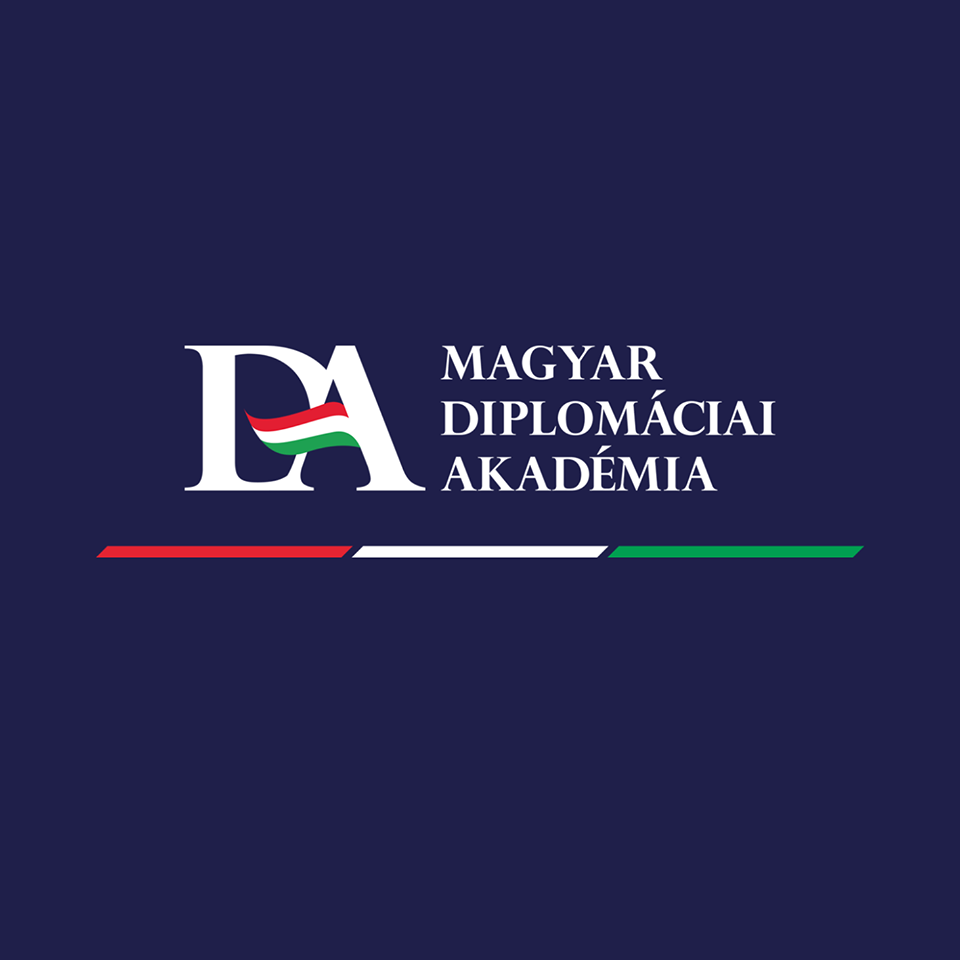“What lacks is a respectful and balanced discussion”
I was deeply saddened to read the news reports questioning the legitimacy of democracy in Hungary. Instead of criticizing the outcome of democratic processes, a willingness to understand the position of others within our common European project would have been fitting.
In order to understand the state of this common European project, it is important to discuss our differing histories. Central Europe has a history of being imposed upon. The Ottomans imposed terror. The Soviets imposed horror. We would have loved to decide our fate for ourselves, but the privilege to do so was robbed from us. This is a sensitivity that many in Western Europe fail to comprehend. We must at all times remember that our European future must be shaped together, in equality.
It is also important to recognize, that contrary to popular belief, the EU was not founded upon liberal ideological notions. Its very roots lie in the heritage of Christian democracy. That being said, democratic processes have led countries such as the Netherlands in a liberal direction. However, the Christian Democratic ideology contributed as much to democracy as liberalism did. The widely misquoted ‘illiberal’ speech of Prime Minister Orbán does not reject the fundamental principles of liberalism such as individual liberties, but puts the emphasis on the interests of the community above the individual. Our western partners never accepted or understood this; hence the narrative of democratic backsliding.
Against this backdrop, I would like to address several unfounded criticisms. Firstly, I would like to point out that Prime Minister Orbán has a zero tolerance policy regarding anti-Semitism. It was his government that passed a law punishing Holocaust denial, made Holocaust education compulsory and launched a programme of renovating Jewish synagogues and cemeteries even beyond our borders – just to name a few examples. The Hungarian Jewish community is the biggest in Central Europe with dozens of synagogues, a full Jewish education system from kindergarten to university and the annual Jewish Cultural Festival, one of the biggest and most popular events in Budapest. Our Israeli friends recognize all these efforts as well. And while Jewish institutes and restaurants are attacked or under increased police watch in Western Europe, no such protection is needed in Hungary. Despite this, and much to my continued bewilderment, my country continues to be accused of anti-Semitism. These claims are not only outrageous, but at the same time extremely insulting.
Another common accusation I hear is that Hungary employed the tactic of gerrymandering when it reduced the amount of electoral districts from 176 to 106 in 2011. This is simply false. I encourage each one of you to look up gerrymandering on a simple Google image search. The collection of images will show you what gerrymandering looks like. However, Hungary’s electoral districts were restructured in accordance with firm guidelines set by the Constitutional Court back in 2005 to ensure each representative represents approximately 76,000 voters. With a voter turnout of 70%, the governing party alliance received half a million more votes than four years ago. This is as clear a result as it gets – even if you do not like it. Were our electoral law – one of the many laws thoroughly screened by our European partners – based upon the first-past-the-post method used in the UK, the governing coalition would have won 85% of the seats.
A positive achievement I haven’t seen mentioned by the mainstream media is the success of our economy. In 2010, Prime Minister Orbán inherited an economy that was on its knees, narrowly avoiding a Greece-like crisis and state bankruptcy. After eight years in office, his record speaks for itself: unemployment at record low, GDP growth above the EU average, sovereign debt steadily decreasing. Commitment to stable public finances is a cornerstone of our economic policy. No wonder that as a consequence, Hungarian stocks jumped after the elections.
Considering the discussions on the Multi-Annual Financial Framework are also a topic of continual discussion, I find it important to also explain what cohesion funds were meant for. Some present these funds as some kind of charitable donation from the net contributors to the less affluent member states of the European Union. This is factually incorrect. They were actually established in the 1970’s for the Southern member states to help build cohesion and overcome differences in economic development within the EU. This helps the common market. In exchange for receiving cohesion funds, less developed member states have opened up their markets to companies from all other EU countries. Western companies have profited handsomely from that deal, enjoying unfettered access to new markets and new sources of high-quality labour. As Günther Oettinger, European Commissioner for Budget and Human Resources recently stated: “Budgetary policy shouldn’t be used to impose political penalties. The structural funds are for making weak regions more competitive. And a large part of every Euro the EU gives Poland comes back to Germany.”
I would like to conclude with the NGO law in Hungary. Whilst many criticize the law for limiting the freedom of NGOs, this could not be further from the truth. The Venice Commission concluded that ensuring transparency is a legitimate aim. Nonetheless, regardless of their source of funding, the NGOs can continue to operate in complete freedom. One can also discover similar ambitions in the Dutch political debate about restricting “undesirable” foreign interference. I fail to understand, however, when Hungary aims to improve transparency why it is called xenophobia, yet when the Netherlands does the same, it is purely to protect liberties.
I have certainly noticed that all arguments put forward by the Hungarian government are all too easily dismissed. Or better yet, not even provided with a platform. This is rather strange, especially considering the good old Dutch tradition of the “poldermodel”, discussing every possible angle of a problem with all stakeholders. What lacks is a fair and open discussion. Instead of overwhelmingly one-sided panels and suggestions to spit our Prime Minister in the face, a respectful and balanced discussion would help us all understand each other better. Wouldn’t that be a noble goal for countries united in diversity?
Dutch version can be found here.




